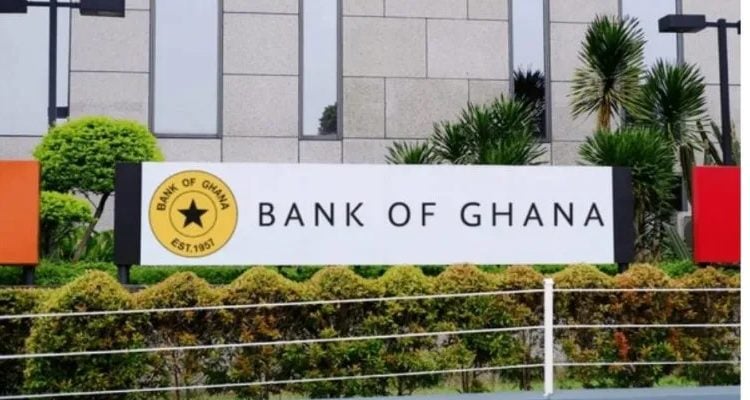The Bank of Ghana has issued a stern warning to financial institutions operating within its jurisdiction, emphasizing the critical need for adherence to foreign exchange and remittance regulations. This cautionary notice, directed at banks, Dedicated Electronic Money Issuers (DEMIs), Enhanced Payment Service Providers (EPSPs), and Money Transfer Operators (MTOs), underscores the escalating concern over persistent breaches of the Foreign Exchange Act, 2006 (Act 723), and the Updated Guidelines for Inward Remittance Services by Payment Service Providers. The central bank’s heightened scrutiny reflects the importance of maintaining the integrity of the financial system and safeguarding the stability of Ghana’s foreign exchange regime, particularly given the significant role of remittances in the national economy.
The Bank of Ghana’s warning highlights several specific violations that have been observed among these institutions. These include the termination of inward remittances through unauthorized channels, a practice that circumvents established regulatory frameworks and poses risks to financial transparency and security. Another key concern is the practice of unauthorized foreign exchange swaps linked to remittance transactions, which can distort market dynamics and potentially facilitate illicit financial flows. The Bank also pointed to the processing of remittances for institutions lacking prior approval, a violation that undermines the regulatory oversight necessary for a stable financial environment. Furthermore, the use of unapproved foreign exchange rates in remittance settlements has been identified as a major area of concern, as it can create unfair advantages, distort market pricing, and negatively impact the overall foreign exchange regime.
The repercussions for non-compliance with these regulations are significant. The Bank of Ghana has outlined a range of sanctions, including the immediate termination of remittance partnerships with non-compliant MTOs. This measure aims to sever ties between regulated institutions and those operating outside the established framework, thereby protecting the integrity of the financial system. The central bank’s firm stance underscores the seriousness of these violations and the potential consequences for institutions that fail to adhere to the prescribed guidelines.
Beyond the warning against non-compliance, the Bank of Ghana has provided specific directives to ensure that all regulated financial institutions operate within the established parameters. These directives include the proper funding of Local Settlement Accounts, a crucial element in maintaining transparency and traceability of remittance flows. The Bank has also mandated that all disbursements originate from these accounts, further reinforcing the importance of a clear and regulated process. Furthermore, maintaining pre-funding arrangements with settlement banks, as stipulated in the guidelines, is another key requirement, ensuring the availability of funds and facilitating smooth transaction processing.
To enhance transparency and strengthen regulatory oversight, the Bank of Ghana has also implemented a robust reporting mechanism. Banks, DEMIs, and EPSPs are now required to submit weekly reports containing detailed daily data on inward remittance transactions for each MTO, along with the corresponding foreign exchange amounts credited to Nostro accounts. This granular level of reporting provides the central bank with real-time insights into remittance flows, enabling proactive monitoring and identification of potential irregularities. The emphasis on comprehensive and timely reporting underscores the Bank’s commitment to maintaining a transparent and well-regulated financial ecosystem.
Failure to comply with these reporting obligations carries significant consequences. Institutions that fall short of these requirements will be deemed in violation of Section 42 of the Payment Systems and Services Act (Act 987) and Section 93(3)(d) of the Banks and Specialised Deposit-Taking Institutions Act (Act 930). These violations will result in the imposition of the necessary administrative sanctions, further emphasizing the seriousness with which the Bank of Ghana views compliance with these regulations. The central bank’s proactive approach to enforcement is integral to ensuring the stability and integrity of the financial system and protecting the interests of all stakeholders. The Bank of Ghana’s directive represents a decisive move to reinforce compliance and safeguard the country’s foreign exchange stability, particularly given the vital role remittances play in Ghana’s economy.


